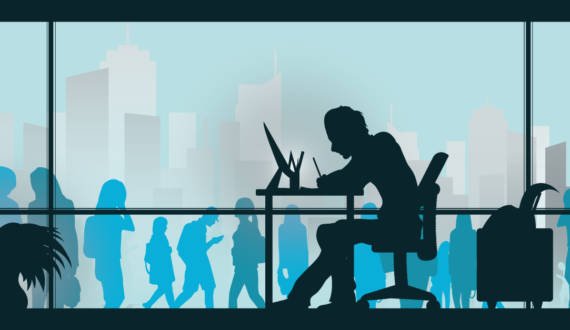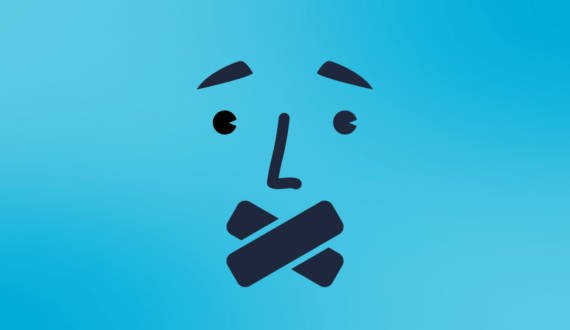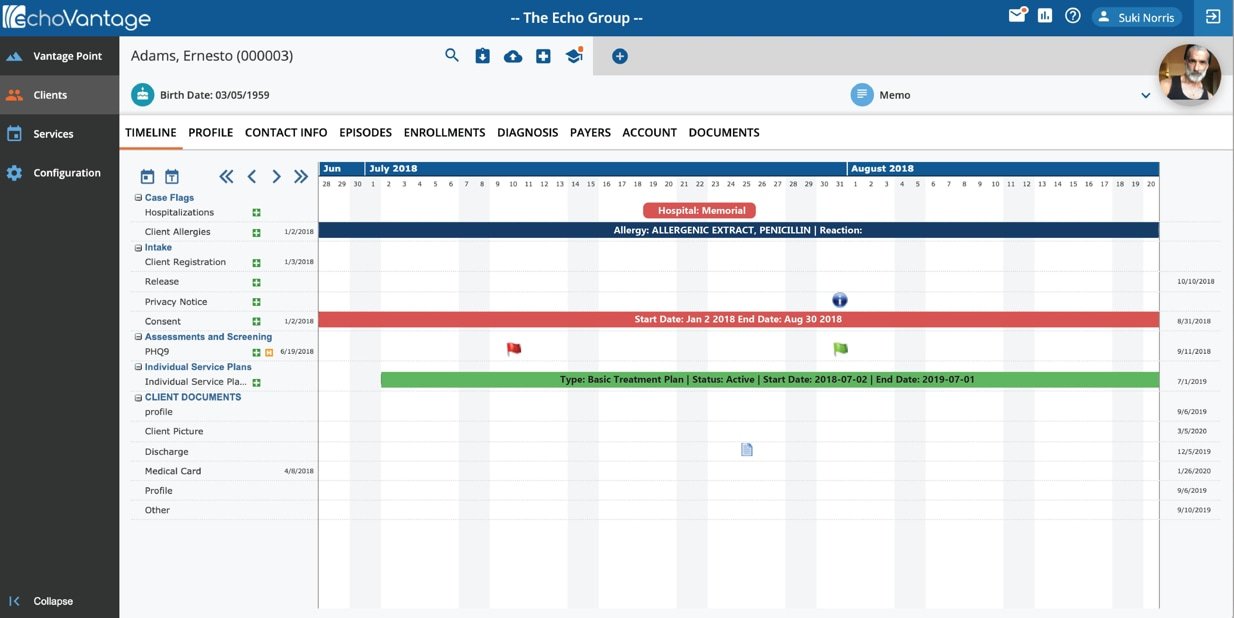But why?

I got a call from a friend recently; her son was in the hospital. I asked why and she told me this story, how he came home from school, did his homework at the kitchen table and even let her review it. Then he went into his bedroom and took a bottle of pills. Luckily (maybe) his sister needed a book and knocked on his door. When she could not get in, she tried to force the door. From downstairs, her mother heard the commotion and came to help. Together, they got the door open, and saw the boy lying semi-conscious on the bed, the bottle of pills lying next to him. They managed to get him into the car and drove to the hospital where, after 15 hours in the emergency room, he finally got a bed on the adolescent psych ward where he stayed for three weeks.
Needless to say, it wasn’t until the end of the story that I understood her reference to the hospital. I had so many questions, but I was not sure what to ask. What hospital, how long would he be there, stay, didn’t you know there was a problem. Somehow, I knew to just let her talk, and there would be time for questions later.
She described the stomach pumping, the waiting for an appropriate psych bed, the fear. I wanted to help, but I didn’t know how. I asked if she was able to see her son, and she started to cry. She said she was scared to see him because she wasn’t sure she knew him. How could her baby take a bottle of pills? She loved him, made his lunches, checked his homework. What had she done wrong?
After about three weeks, her son was released from the hospital and came home. There was still intensive therapy for several weeks, and after that, he returned to school. This happened several months ago now, but every day he still comes home goes straight to his room without even saying, “hi.” They eat together as a family every night, but he doesn’t speak except to ask for food. She is scared and angry. Angry, he doesn’t seem to know what he put her through and scared because it could happen again. Every case is different, so there is no playbook to help her through this time.
For this to work, everyone is going to have to work together– the school will have to welcome him back without stigma, the family will have to learn to trust the son again, and the son has to be willing to work with a therapist to address the mental health issues that lead him to attempt suicide. There is no quick fix for this; getting back to normal will take a long time.
Suicide is the second leading cause of death of young adults 15-24. Between 25-33% of young adults will make a second suicide attempt.
The Suicide Prevention Lifeline is available 24 hours a day
1-800-273-8255



